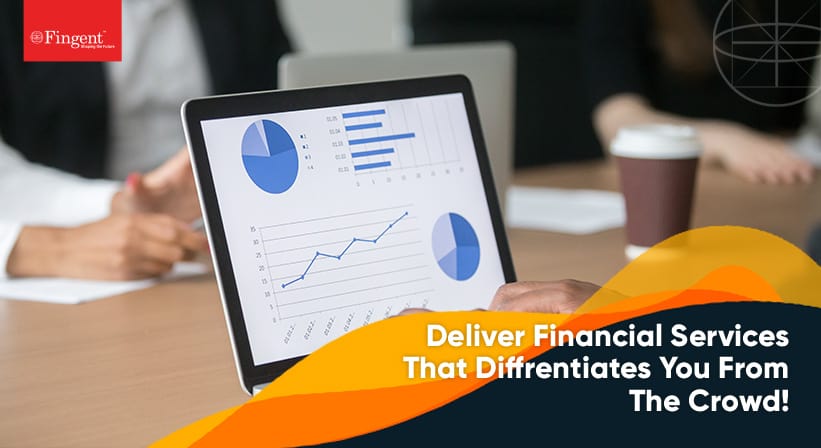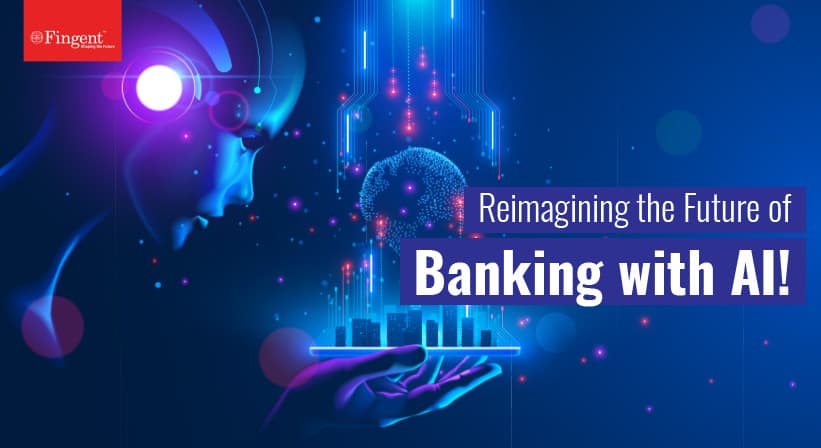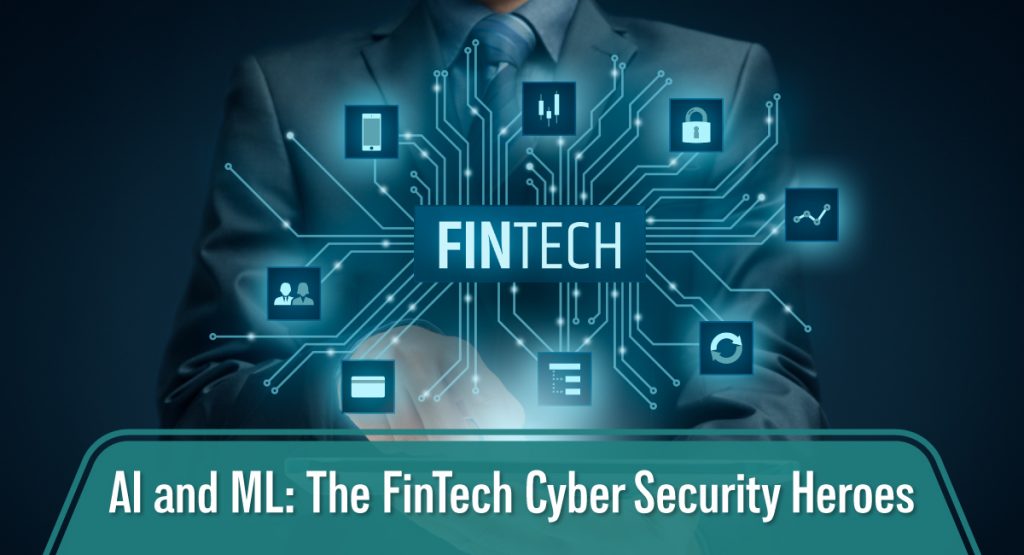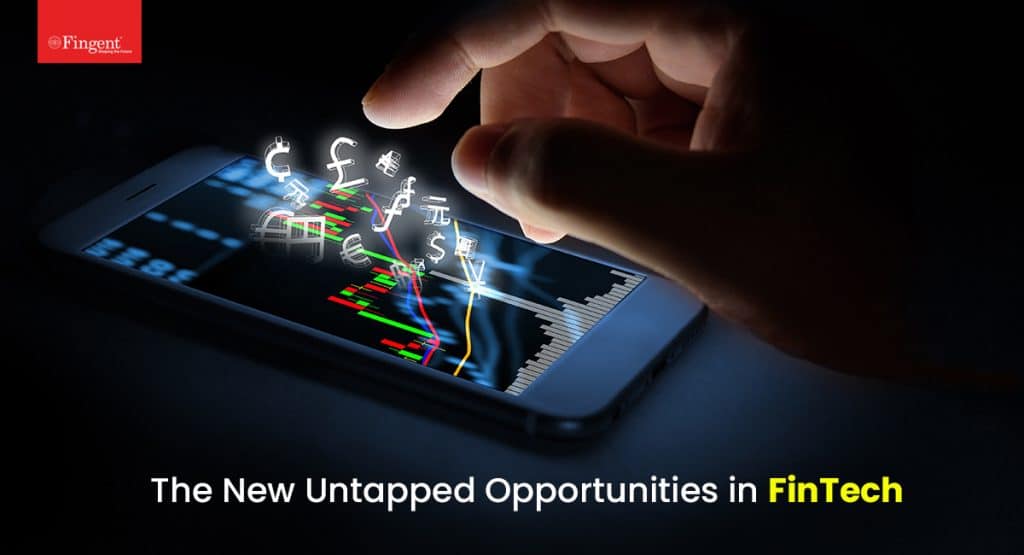How Smart Contracts Enable Banks and Financial Institutions to Solve KYC Challenges
Smart Contracts to Streamline KYC: A Big Leap in FinTech
The advent of online transactions has brought in improved convenience, speed, and cost advantages across various aspects of our lives. KYC processes, online shopping, insurance premium payments, internet banking, and a host of financial functions have witnessed a drastic transformation with the adoption of FinTech solutions.
Read more: Technology in Finance: What to look out for in 2021?
However, these digital advancements have also taught us that a person’s online identity is not always what it appears to be. Identity theft, phishing schemes, and money laundering are just a few examples of digital scams that have wreaked havoc in the finance sector. Shockingly, a report by PwC stated that “in 2020, the average US organization experienced six incidents of fraud in the last 24 months and customer fraud ranks first among them.” The total loss suffered by the US companies from the frauds is close to $6.5B (over the past two years).
As many of us know, the KYC (know-your-customer) process was designed to eliminate the risk of customer fraud. Various companies use KYC to verify their customers’ credentials with the ultimate aim to confirm that they are not fraudulent or engaged in any criminal activity. However, KYC is a labor-intensive, repetitive process that is prone to human error. This blog explains how smart contracts for KYC can solve problems related to customer fraud and identity theft. Before that, let’s consider what smart contracts are and how they work.
What are smart contracts?
Most industries are eagerly adopting blockchain technology for smart contracts. According to Statista, “in 2021, global spending on blockchain solutions is projected to reach 6.6 billion dollars and is expected to reach 19 billion US dollars by 2024.”
Investopedia defines a smart contract as a self-executing contract that entails an agreement between the buyer and the seller. A smart contract encodes the agreement/ transaction between two parties and exists across a distributed, decentralized blockchain network. Smart contracts eliminate the need for an external party or an intermediary to enforce the contract as defined. The decentralized blockchain network controls the execution of trusted transactions and agreements. All the transactions are trackable, irreversible, and impossible to manipulate because of the immutable audit trails created by blockchain.
In simple words, smart contracts are programs that run based on predetermined conditions. Participants engaged in a smart contract are sure about the outcome. The unique digital structure of a smart contract makes it super secure and resilient to any kind of data modification. What problems do smart contracts solve, though? Here are a few examples of real-world problems solved by smart contracts.
Read more: Leveraging Blockchain Technology to Transform Supply Chain Industry
How does a smart contract work?
A smart contract is a blockchain application. Just as a standard legal contract, a smart contract outlines the terms and conditions between two organizations. It works on a condition-based principle, that is: ‘if-when-then.’ Smart contracts allow you to define as many conditions or terms as you would require. Moreover, a smart contract enables both parties to interact in real-time, saving enormous time and resources. Additionally, it allows for anonymity, if needed.
How smart contracts assist banks and financial institutions to solve KYC-related problems?
1. Identity theft
Clients’ identity includes data on where they live, their passport number, driving license, security number, and so on. These data points are stored in centralized databases. If a criminal gets hold of one of these documents, they can exploit certain security flaws and steal your client’s identity. Cybercriminals can use your customer’s identity to gain some financial advantage or steal money. There have been occasions when a criminal successfully stole a deceased person’s identity to commit crimes.
Smart contracts on blockchain offer a novel solution that may include a comprehensive electronic signature service. It allows access to a private key and a public key. While a public key provides access to your public records, it offers concrete security as no one has access to change or edit your data. However, a private key allows you to give access to those required. This simple method helps prevent and restrict identity theft. Best-in-class data encryption technology ensures the highest levels of safety standards.
Read more: How Blockchain Enables the Insurance Industry to Tackle Data Challenges
2. Distributed user data collection
Smart contracts enable finance companies to uncomplicate the process of identity verification. It can make data available on a decentralized network. For example, claiming, verifying, and processing insurance has always been a labor-intensive task that frustrates your customers. Smart contracts offer a single source of truth, drastically reducing friction in the business process.
Here is how smart contracts simplify the process:
- Make data reconciliation easy
- Improve accuracy
- Minimize time spent in uncovering information
- Enhance improvements in speed and accuracy
- Improve customer experience
3. Automation and standardization of operations
Client data is collected daily. Name, address, and social security number are required for almost all transactions. Considering the recent progress achieved on KYC policy standardization, it is now possible to use smart contracts to control operations and execute agreements or transactions.
You can streamline the procedure across the industry by coding and standardizing the KYC workflow. It will minimize manual oversight and increase the effectiveness of the KYC system. It even allows you to implement multilingual solutions with the help of translation tools and smart contracts. Since smart contracts remove the need for a manual process for each document, decisions can be made quicker.
4. Comprehensive authentication process
It is crucial to verify the identity of individuals for data protection compliance and the prevention of fraud. A cryptographic verification solution is vital here. On the other hand, industries face another major challenge – allowing users to conduct online banking through apps. The glitch is that if a person loses her smart device, she exposes herself and the bank to a greater security risk.
Fortunately, the blockchain’s decentralized model almost eliminates the security risk by not allowing any edits on the data accessed by the thief or the fraudster. Once a smart contract on blockchain is formed, it remains immutable.
5. Communication and transparency
The smart contract will allow you to monitor everything from account openings to day-to-day transactions actively. Since the terms and conditions are pre-defined, it is recorded immediately, and remittance is raised automatically. This process avoids laborious approval workflows.
Since it allows for trust data to be stored on the KYC smart contract platform, banks or financial service providers can eliminate the secondary validation processes and cross-checking. Apart from this, when mistakes occur, they are quickly identified, reported, and solved. While transparency has to be dictated by the parties involved in traditional contracts, smart contracts always remain transparent. Such openness makes tracing transactions less cumbersome and could be traced right from the point of origin. Additionally, it automatically creates fully accessible history.
Read more: How AI and Machine Learning are Driving Cyber Security in FinTech?
6. Heightened security
KYC banking processes can go on for weeks, highly increasing the maintenance of regulatory compliance as the industry struggles to dodge financial fraudsters and terrorists. Fortunately, a shared ledger will help adjust and monitor the KYC process for all those involved. This would allow all parties to view any changes or updates made to the clients’ data. Such direct access would save on the time-intensive process of identifying suspicious activity and reporting it.
Read more: The New Untapped Opportunities for FinTech Companies in the Coming Years
Get smart with smart contracts!
As you can see, Smart Contracts are so much more than just an intelligent way of handling contracts. They are going to become the only way, and it’s time you get ahead of the competition by leveraging this technology. Contact Fingent, a top custom software development company, for all your software needs.
Stay up to date on what's new

Recommended Posts

24 Mar 2023 Financial Services B2B
Reimagining the Financial Industry for a Digitized Society
Digital technologies are evolving at an unprecedented rate. Major innovations, such as artificial intelligence tools, machine learning software, cloud computing resources, and big data, have already reshaped the landscape of……

02 Jun 2022 B2B
Deliver Financial Services That Separate You From Your Competition
Your Financial Service business needs software solutions that fully consider all the individual features of your services. Why? The best financial advice must be provided in real-time and should be……

03 Dec 2021 Financial Services
Is AI The Future Of Banking?
The pandemic is now the biggest and most critical challenge of traditional banking. Some of these challenges are revenue pressure, data security, customer service management, data collection and analysis, risk……

11 Aug 2021 Financial Services
7 Ways Business Intelligence In Finance Can Empower CFOs Today
Business Intelligence in Finance becomes the most trusted aide of the modern CFO. Here's how BI helps finance teams to leverage insights and drive the business forward. Business Intelligence In……
Featured Blogs
Stay up to date on
what's new




















 US
US Insurance
Insurance









































